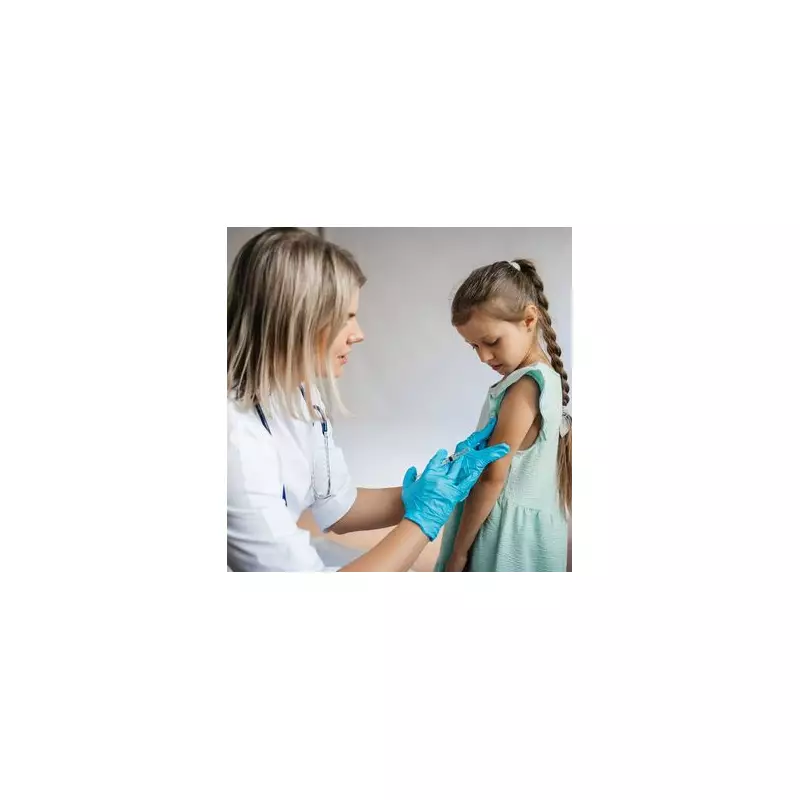
In a vital piece of advice that could safeguard children across the UK, a leading paediatrician is urging parents to adopt a simple yet potentially life-saving habit after every medical appointment.
Dr. James McVitie, a consultant paediatrician with over two decades of experience, has highlighted a shockingly common and dangerous issue: prescription errors for children. He insists that parents can be the last line of defence against these mistakes.
The One Question You Must Ask
The crucial safety step is disarmingly simple. Dr. McVitie advises parents to always ask the prescribing doctor or pharmacist: 'Can you just talk me through the dosage?'
This single question forces a double-check of the most critical part of any prescription—the amount and frequency of medication a child should receive.
Why This Step Is So Critical
Children's medications are notoriously complex to calculate. Dosages are based on a child's weight, making them far more susceptible to human error than standard adult prescriptions.
'A miscalculation can be the difference between a therapeutic dose and a toxic one,' warns Dr. McVitie. Common errors include:
- Misplaced decimal points (e.g., 0.5ml instead of 5ml)
- Confusion between milligrams (mg) and micrograms (mcg)
- Incorrect dosing frequency (e.g., twice daily vs. four times daily)
Verbal confirmation acts as a vital safety net, catching mistakes before they reach your child.
Real-World Impact and Parental Vigilance
This advice isn't just theoretical. Parents who have implemented this practice report catching significant errors.
One mother recounted how asking this question revealed a pharmacist had misread a prescription, dispensing a dose ten times higher than intended for her toddler's antibiotic. This simple query averted a potential overdose.
Dr. McVitie emphasises that healthcare professionals are not offended by this question. 'It shows you are engaged and safety-conscious,' he says. 'It's a partnership in your child's care.'
Building a Culture of Safety
This initiative is part of a broader movement to improve patient safety, particularly for vulnerable paediatric patients. By empowering parents with this straightforward tool, the healthcare community aims to create an additional layer of protection against preventable errors.
Making this question a non-negotiable part of your routine after any appointment could be one of the most important parenting habits you ever develop.





